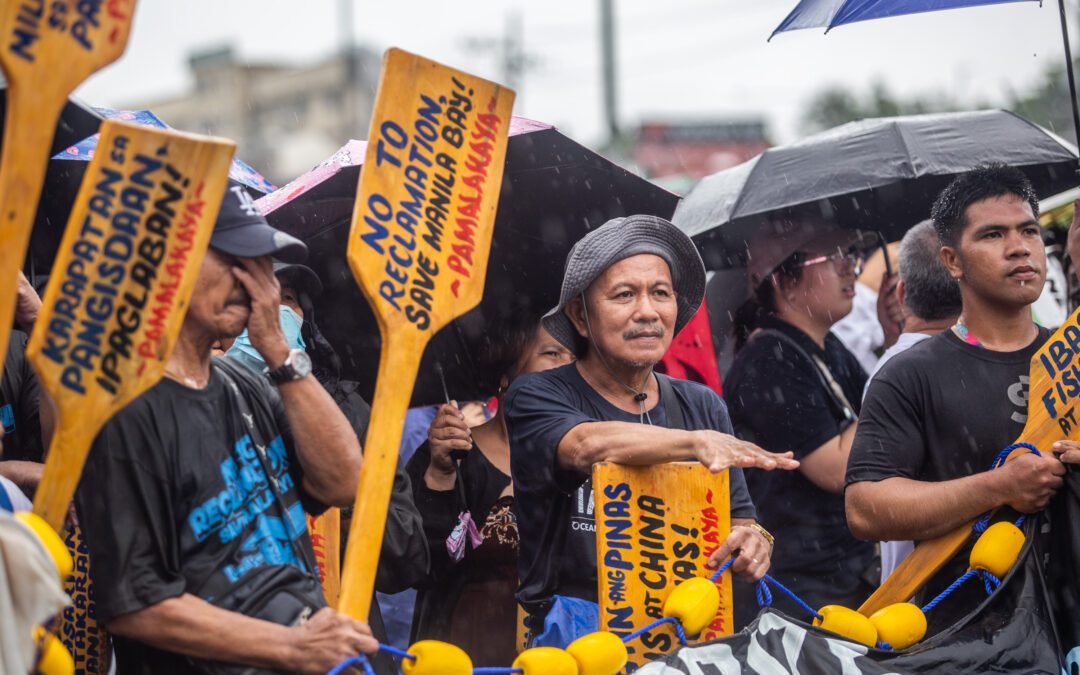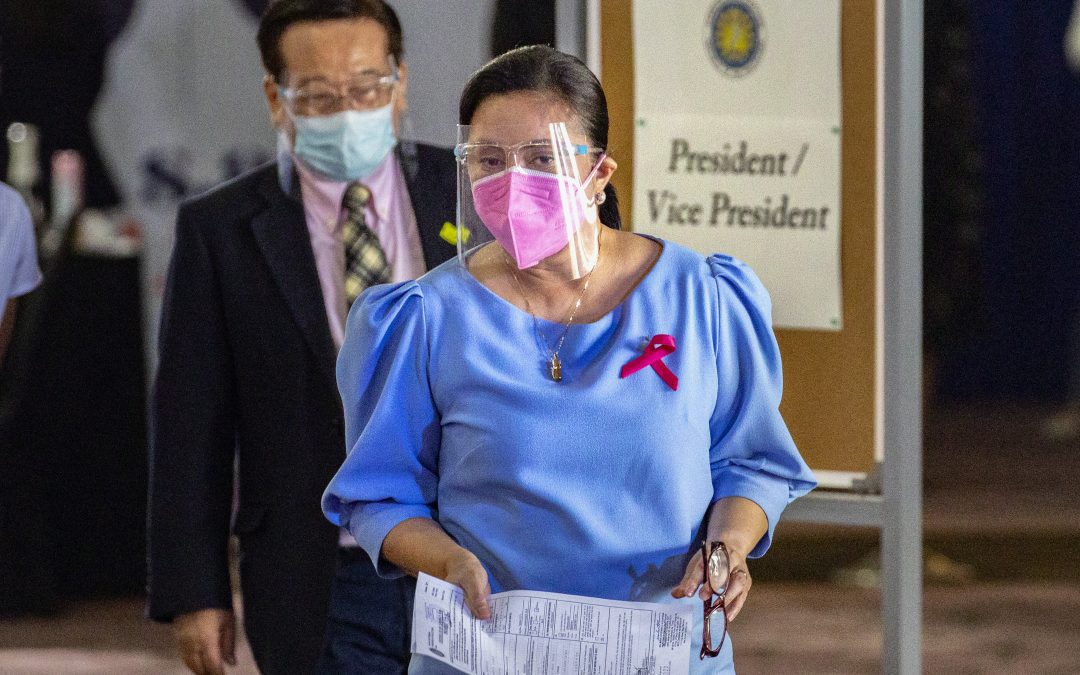An international human rights watchdog has called on the United Nations to recognize a safe, clean, healthy, and sustainable environment as a universal human right.
“Those who do not will be on the wrong side of history and standing against the common future of humanity,” said Agnes Callamard, secretary-general of Amnesty International (AI).
AI made the appeal on September 14 coinciding with the opening of the 48th regular session of the UN Human Rights Council (UNHRC) in Geneva.
Callamard said governments’ failure to address the impacts of the climate crisis in spite of overwhelming scientific evidence “may well be the biggest inter-generational human rights violation in history.”
She urged UNHRC to “use all the tools at its disposal” to counter the climate crisis that is severely impacting a wide range of human rights.
“The dramatic impacts of climate change have exposed, with devastating clarity, how integral a healthy environment is to the enjoyment of all our other rights,” she said.
Callamard said it is easy for nations to take the planet for granted “until we see the human cost of its degradation: hunger, displacement, unemployment, homelessness, illness, and deaths.”
Over 80 percent of UN member states legally recognized the right to a healthy environment through constitutions, legislation, court decisions, and regional treaties.
However, a healthy environment as a universal human right has not been explicitly recognized by states through the United Nations.
AI said adopting a resolution that would recognize a healthy environment as a universal human right would encourage the other states to pass legislation and national laws.
The group said it would also put pressure on states to protect environmental human rights defenders from threats and attacks and buttress the legitimacy of their works.
Callamard said recognizing the right to a healthy environment could motivate “transformative change in state approaches to climate change.
She said when the UN adopted resolutions recognizing the human rights to water and sanitation in 2010, “it spurred many states to include these rights in their national legislation.”
“It also mobilized billions of dollars in increased investment in water infrastructure, dramatically improving the lives of hundreds of millions of people,” she added.
She said UNHRC member states must seize this opportunity to scale up the council’s work on the climate crisis, which she said is one of the “most daunting and urgent human rights challenges in history.”






0 Comments